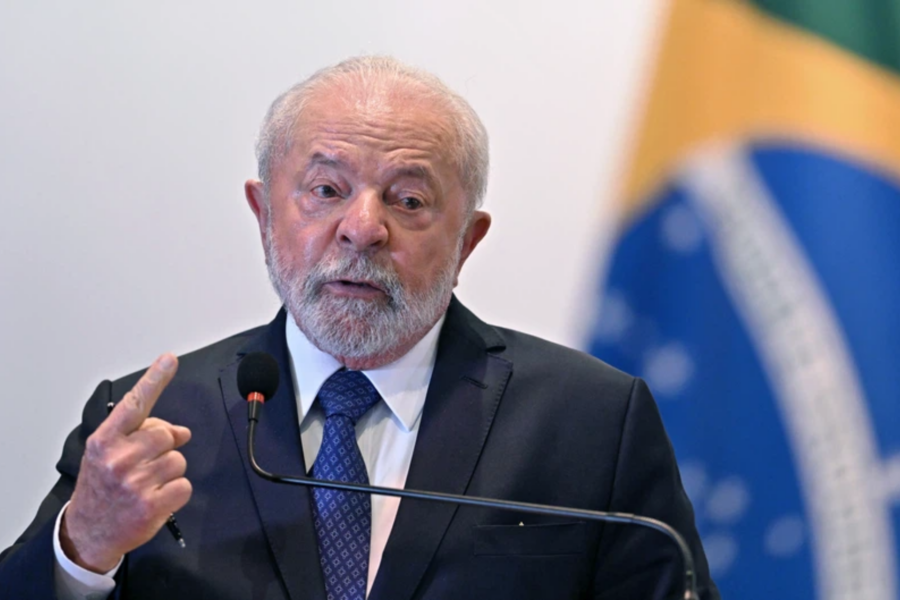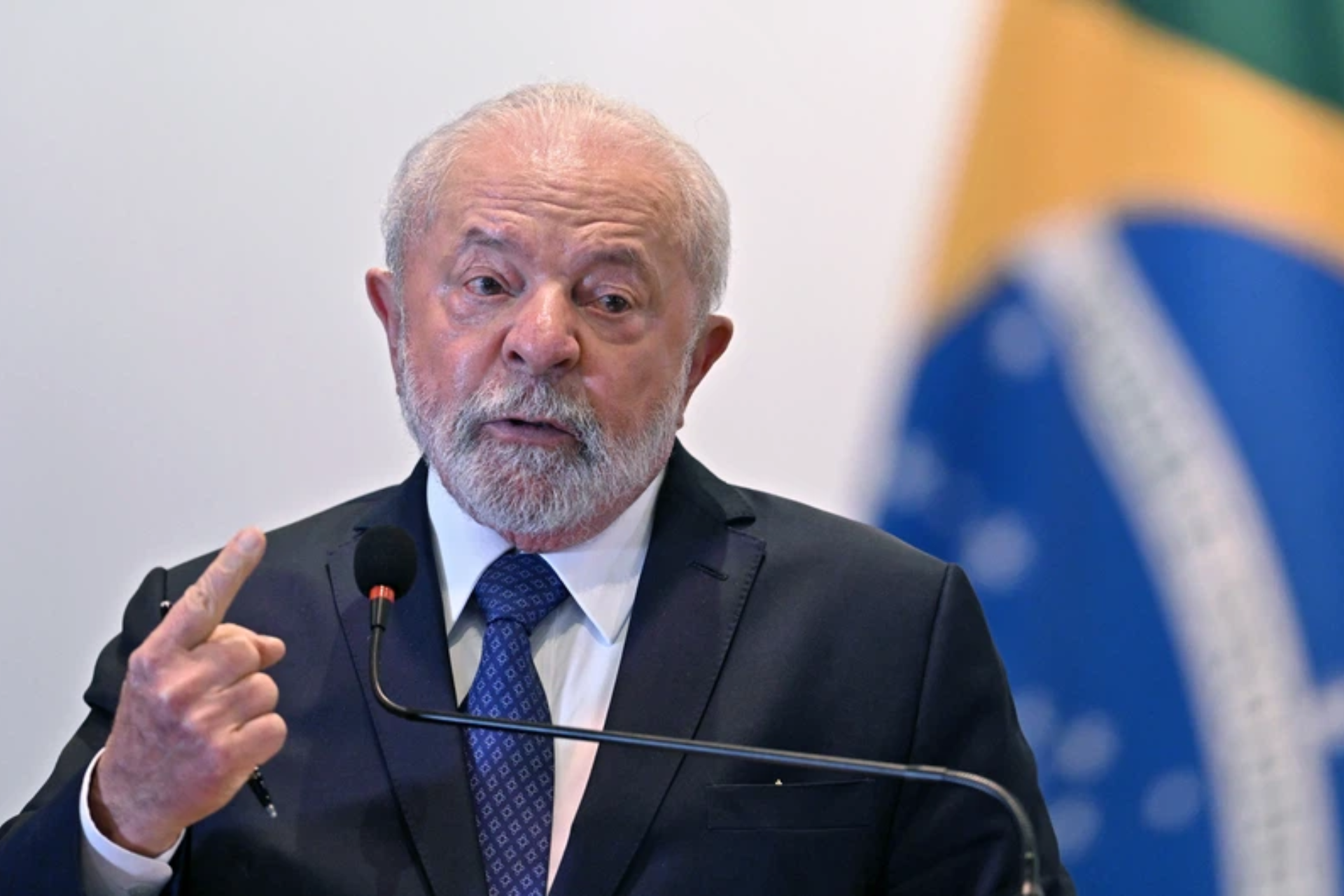
Brazil Congress passes Lula’s new government spending rules
Brazil’s Congress passed new fiscal rules Tuesday ending the government’s spending cap, in the President’s bid to free up money for social and infrastructure spending.

Brazil’s Congress passed new fiscal rules Tuesday ending the government’s spending cap, a win for President Luiz Inacio Lula da Silva in his bid to free up money for social and infrastructure spending.
Veteran leftist Lula, who returned to office in January after leading Brazil through a boom in the 2000s, needed Congress to pass the bill to allow his administration to keep its promises of expanded social programs and an ambitious 1.7 trillion reais ($340 billion) infrastructure investment program unveiled earlier this month.
The lower house of Congress, which had passed a first version of the bill in May, adopted the final text by a vote of 379 to 64, after an amended version passed the Senate in June.
ALSO READ | E. Guinea orders seizure of US$125 mn from 4 Brazilian firms
The new rules end the rigid government spending cap put in place in 2016 under the center-right administration of then-president Michel Temer.
Lula’s administration says the government needs to be able to spend more to address pressing social needs and reboot growth in Latin America’s biggest economy, and argued the spending cap had been breached so often it had lost credibility.
REVIVE AND EXPANDING SOCIAL PROGRAMMES
The new rules allow government spending to increase at 70 percent the rate of increase in government revenues, as a tool to chip away at the deficit.
ALSO READ | Biden throws down 2024 gauntlet with populist budget
The legislation “is important, because it indicates greater fiscal discipline, or at least a plan, on the part of the government,” said economist Andre Perfeito of consulting firm Necton.
“But there’s a lot of doubt about the capacity to stick to the plan, because it will depend a lot on capturing tax revenue. There will still be a lot of discussion over whether or not they’ll meet the targets they themselves set,” he told AFP.
Since returning to power in January, Lula has revived and expanded popular social programs launched during his first presidency (2003-2010), many of which were slashed under Temer (2016-2018) and far-right ex-president Jair Bolsonaro (2019-2022).
ALSO READ | South African rand weakened ahead of BRICS summit
But Brazil’s economic outlook is far less favorable than in the 77-year-old ex-metalworker’s first two terms, when booming Chinese demand for Latin American commodities exports fueled breakneck growth.
‘BETTER-THAN-EXPECTED MACROECONOMIC’
Lula has sought to reassure markets he will not let government spending balloon out of control, promising a balance of “fiscal, social and environmental responsibility.”
ALSO READ | Which countries spent the most on Schengen Visas in 2022?
Brazil’s economy grew a stronger-than-expected 1.9 percent in the first quarter, Lula’s first three months in office.
Ratings agency Fitch upgraded Brazil’s debt rating in July, from BB- to BB, citing “better-than-expected macroeconomic and fiscal performance” and an “expectation that the new government will work toward further improvements.”
© Agence France-Presse